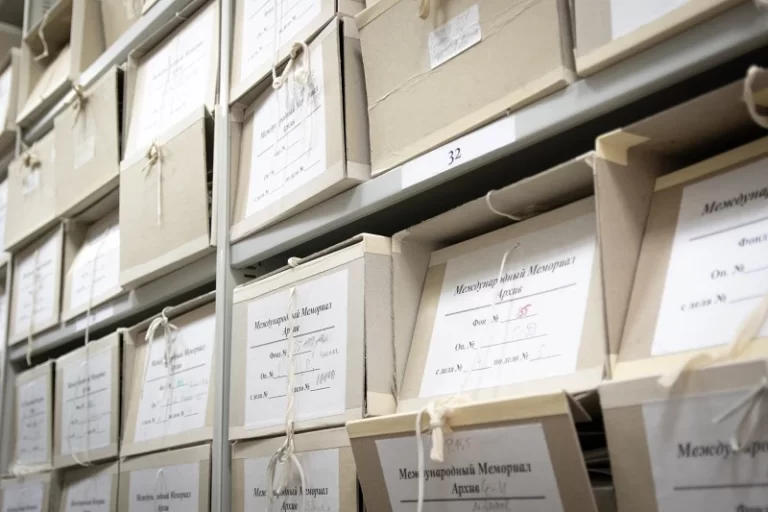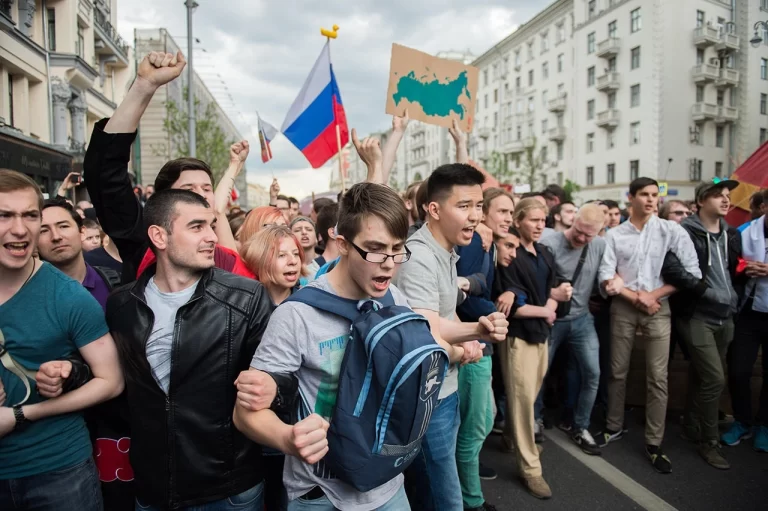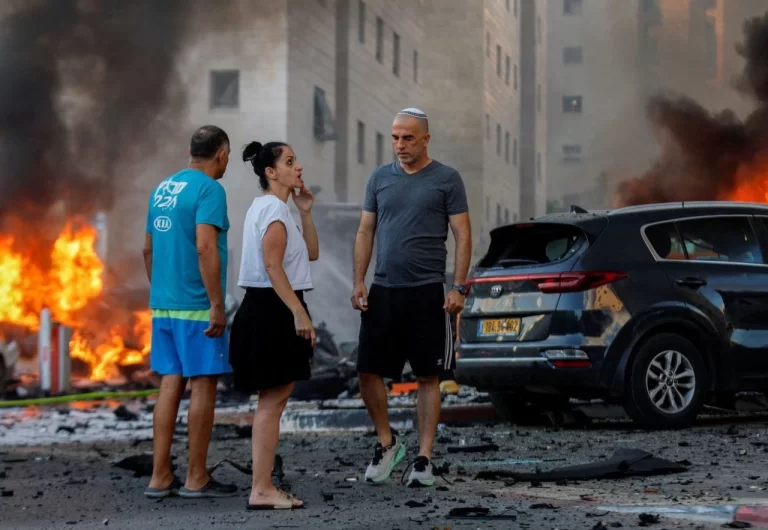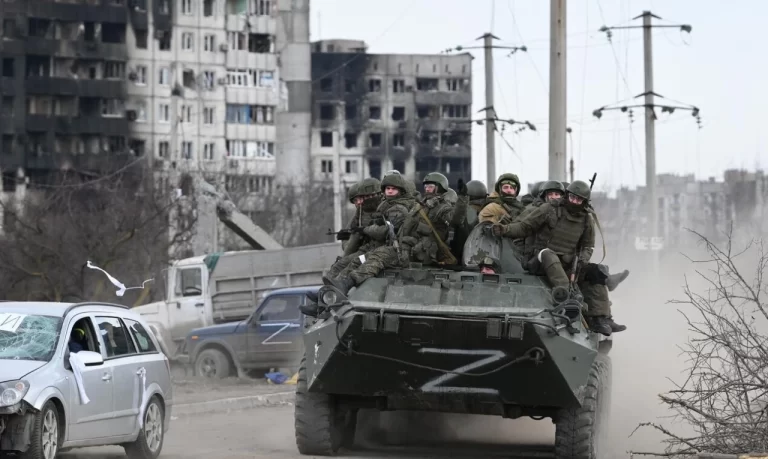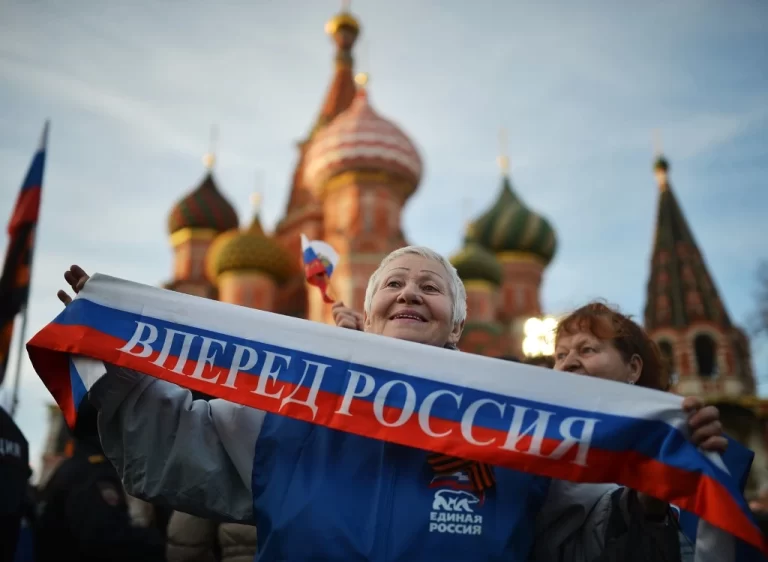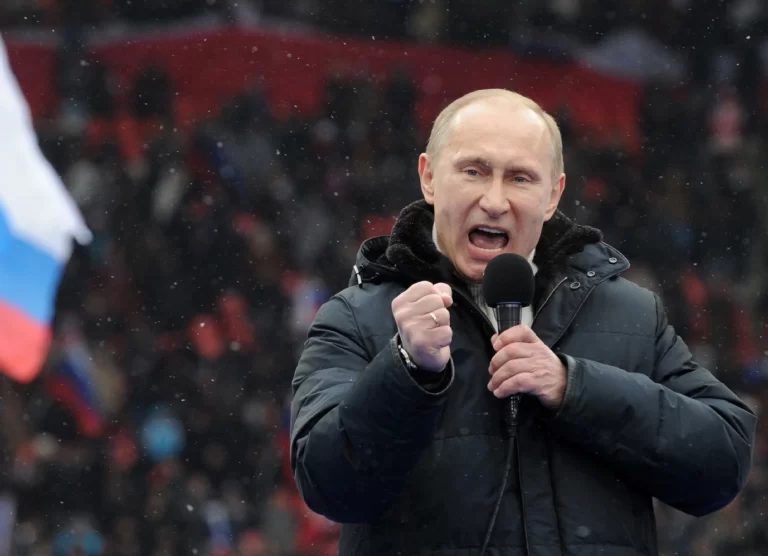Will Russian youth save Russia from dictatorship?
There are no preconditions for this, but twenty-year-old Russians have no choice.
In times of crisis, Russia traditionally relies on young people. Young people are healthier and have more ambitions and opportunities. And their elders – they have fed them, given them a place to live – and thank God. However, it is hard to imagine that young minds brought up in a particular system, filled with established social prejudices and passive political attitudes, will be able to overcome all the gaps of their upbringing and suddenly internalize some other values different from those that they have been hammered into their heads since junior high school.
I have worked with young people for more than 20 years in different capacities: as a history and political science teacher, political journalist, and employer. I have participated in youth discussions and conducted focus groups with young Russian political activists and scientists. I have gathered some preliminary findings about what young, educated Russians think about the current political situation in Russia and how they see themselves in the current socio-political system. Let me share my observations in this article.
1
Russian youth has a heavy socio-political anamnesis.
It was inherited from their family and school upbringing under the permanent rule of President Putin. Young people are apolitical because they learned from their parents the conviction of their helplessness, the concept of a “little man” in an extensive “state system” that will crush everyone. Parents teach them to keep their heads down, “just in case something goes wrong,” and evaluate public activity as entertainment for mentally unstable people who “need it most.
Russians born in the late 90s and later did not catch the short period of democratic reforms in Russia, and future generations will learn the history of the current period from Putin’s 2023 textbooks, which consider the fall of the USSR the main geopolitical catastrophe of the 20th century.
“I was born in 1999, and my conscious life flowed under one ruler. I think that my children will have children under the same ruler. It is scary to realize that in the XXI century, such things are happening” – Alexander, a member of the Yabloko party.
2
Russian political parties show young activists the vicious traditions of political culture.
First, it is chieftaincy and strict intra-party hierarchy in all parties without exception. According to the established tradition, all party members must support a single candidate in elections and vote as the leading party officials say. For disobedience, they can even be expelled from the party “for violation of party ethics.” The party is headed by a permanent leader who retains his post after numerous election losses.
Secondly, it is a contractual system in elections. An experienced member of the Liberal Democratic Party of Russia, who headed its youth organization and was later elected to local legislatures, once told me a story. He lamented that he had prepared his campaign to win when he went to the elections for the first time, but the party said he should behave differently. The constituency in which the guy was nominated was intended for a candidate from another party by general prior agreement. So the young activist’s ardor cooled down, and he became an obedient party functionary, sharing all the party’s decisions, including support for the war in Ukraine.
Another story concerns a young girl political activist named Alina. She participated in the actions organized by Navalny’s headquarters in the regions, so she got into the “special lists” of the FSB officers. With such a “spoiled” biography, the girl was sheltered by the head of the regional branch of the Just Russia party, taking on the function of curbing the violent young energy in the “right” direction and saving Alina from “trouble.” That is, he taught her to be loyal to the current government.
Young people interested in politics realize that the political party system in Russia is stable and has no illusions about the role of political parties. They say:
“Right now, the system within itself is in a stable position: United Russia has a majority, there is a pocket opposition that constantly gets votes, and everyone is happy. Everyone gets their piece of the pie. How to influence this. Alexei Navalny’s “Smart Voting” option is not so bad. Suppose you give actual power to the existing opposition by stripping United Russia of its monopoly on power. In that case, you can motivate the parliamentary parties to fight the existing system because they will want more power. Right now, they have no motivation to take more power – why should they bite the hand that feeds them?”
Moreover, young people also expressed distrust of the new parties that are emerging in Russia.
“They are not pretenders to the electorate of the old parties. They are to satisfy the youth’s demand for new political forces. I did a mini research, according to which I determined that young people demand legitimate processes. The emergence of new political forces: “New People,” “For Truth!” (no longer exist), the Party of Direct Democracy, and the Green Alternative are a way of taking away part of the electorate from the “non-system” opposition. That is, they are not competitors to the parliamentary parties but are used to disperse the protest vote,” Alexander, a political science student, told me.
3
In the current system, young people are very pragmatic and only participate in what is personally beneficial in the short term.
In 2019, I participated in a discussion among Tula State University students about young people’s political participation. The young people were majoring in political science in their 2nd or 3rd year of study. Students discussed political parties as social elevators that provide opportunities for personal career development. At the same time, students were interested in something other than the political coloring of parties. The main thing when choosing a party they planned to belong to or already belonged to was a strong party structure and funding. Thus, while the United Russia party was generally viewed negatively for “usurpation of power,” its membership was recognized as the most advantageous because United Russia has more resources and opportunities than all other parties combined.
Even those ideological students who wanted to “help people” through work in youth party organizations and were seen working with Navalny’s headquarters said that it was better to help people through United Russia because it had more opportunities.
“The party is a tool for most people. Even those people who are in United Russia, I know many people who don’t like what’s going on, but it’s just that United Russia has resources. They want to help people and realize they can do it through this party. That’s why I’m not so categorical about United Russia,” Alina, a student political activist, told me.
Sometimes, young people even see ideology as a problem:
“That’s always the problem with all ideological people. They see their point of view and don’t look at the other party people, for Navalny, against Navalny, protesters, or police officers. No one ever looks at different sides. This needs to be developed in young people and everyone.”
4
Youths need the right to protest.
The violent crackdown and harassment of peaceful protesters in Russia has hit Russian youth, who make up the majority of the Russian protest movement, the hardest. At the same time, young people emphasize that they are supporters of peaceful protest to have a voice to be part of something big and vital. They want to be heard, but all state youth organizations in Russia focus only on volunteerism and participation in government public actions. Young people see and understand this.
“Youth speak out, but they are not heard,” students tell me.
Young Russians explain the relatively small number of protesters in Russia by fear and a sense of futility.
“The problem is that we have tolerant people. They fear losing their place at the factory, school, and university. People are pathologically afraid of the authorities. Historically, that’s the way it is. There is no middle class. The government’s top brass owns the power structures. The only thing that can happen and the system will change is betrayal within the power structures,” says Andrei, a member of the Communist Party of the Russian Federation.
“Young people should be allowed to legally express themselves so that they can calmly go out on the street and express their opinions and not participate in uncoordinated actions,” confirmed Daniil, a member of the pro-government party.
5
Young people need political competition. Then, their “apolitical nature” will be removed like a hand.
“Democracy does not work on the principle that someone is good and bad. Democracy works on the principle that everyone is terrible and should be forced to work for the good of society. It makes no difference who is in power: Navalny, Putin, Medvedev, or anyone else. All of them will act in their interests. But in a democratic state, some procedures are forced to work for the good of society.
The beautiful Russia of the future is a Russia where there is political competition.
A person who sits in his warm seat realizes that he wants to continue to use it, and he has a competitor who can take it away from him. Accordingly, I need to do something for the good of society to be elected. This is the basis on which democratic procedures work,” explains Alexander, a political science student.
6
Young people are ready to participate in elections.
Active Russian youth are ready to participate in elections by voting and observing elections at polling stations and even in the election headquarters of candidates as analysts. They are prepared to play by the game’s rules only if all participants honestly observe them.
Even during the last five years, when Russia’s electoral legislation is changing before every election, and the number of falsifications and the authorities’ corrupt struggle with inconvenient candidates is growing, young people are ready to participate in the electoral process. Here’s what the students say:
“No one prevents you from going as an observer. Young people should be told that they should act within the law if they want to change something in the country. You don’t like to think that elections are being rigged? Go as observers, as members of election commission with the right of deliberative vote”.
“We will fight for real and fair elections as observers and campaign. It is worth thinking about how to combat the electoral passivity of young people. All those who are not satisfied with the system, let them come as observers to see the whole procedure from the inside”.
“I hope that I will work as a political technologist or analyst in a consulting company in the next election. If it doesn’t work out, then as a member of a precinct election commission.”
“I would like to try myself as a political technologist. It is exciting. I can’t run for office yet because of my age. I would take part in campaigning so that people would come to vote. I would be engaged in political education. I may work as a member of the election commission with the right of advisory vote.
“I hope that before the elections, the opposition will be able to find common ground. Yabloko, Parnas, Smart Voting, and other opposition parties will be able to agree. I hope there will be a few dozen real opposition deputies and moral people in the State Duma. I will participate in the election days as an observer.”
All these preliminary results of my research show us that:
Young people see the vices of Russia’s political system.
Restraint of youth protest activity by forceful methods badly affects the confidence of youth in the authorities.
Young people are ready for political participation in a competitive democracy.
The generation of the 1990s and 2000s will be forced to reform the rotten political regime in Russia, but today, we do not give them any tools to do so.

